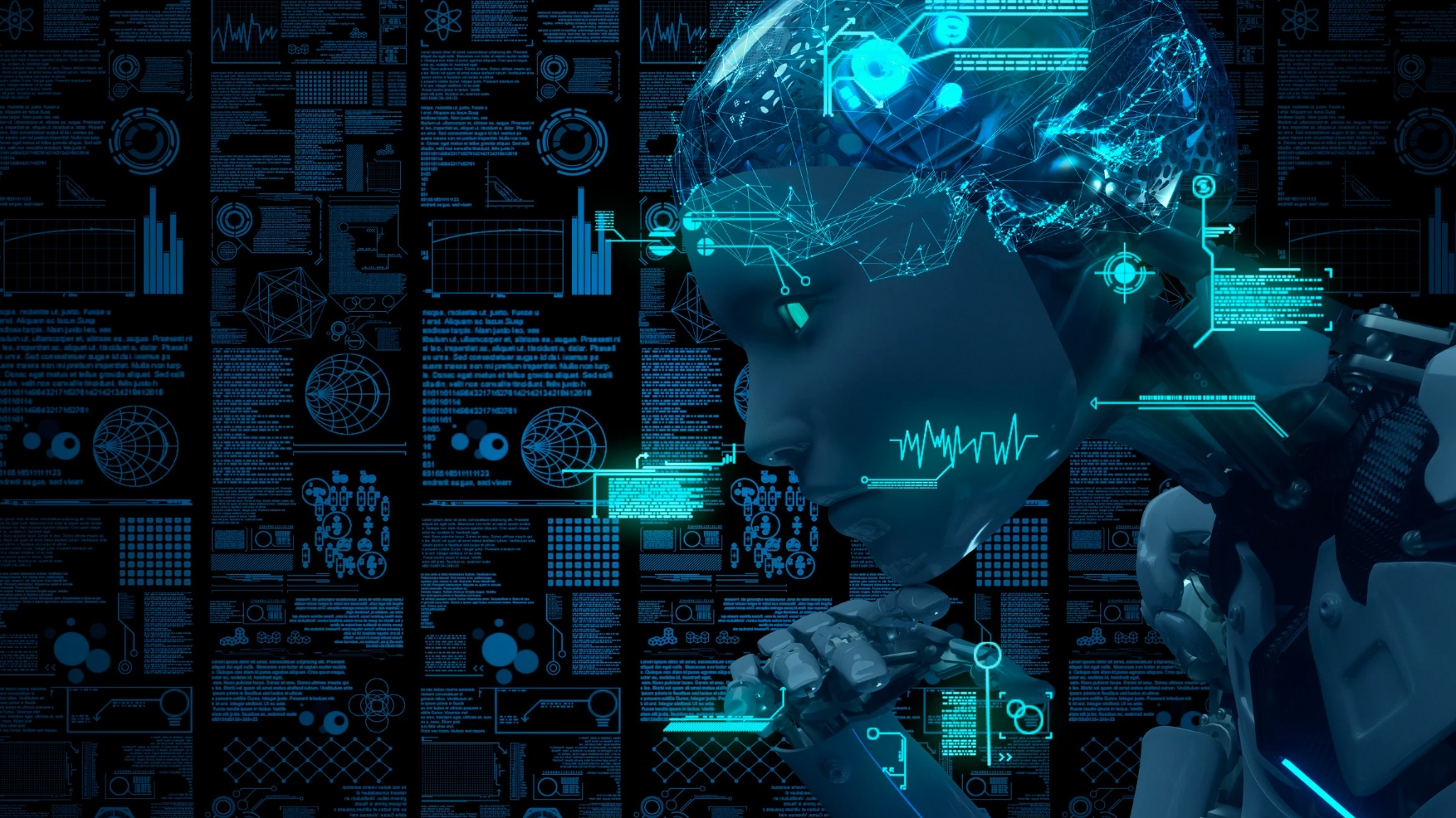
AI, Creativity and Product Development: Navigating Our Future
In our ever-evolving world, where technology is advancing at an unprecedented pace, the landscape of product development is undergoing a profound transformation. The latest Netflix documentary on AI, titled “Unknown: Killer Robots” triggered some thoughts, particularly regarding how artificial intelligence is poised to revolutionise the way we approach product development in a world that is innately human.
What happens when a machine makes life-or-death decisions? The documentary explores the dangers of artificial intelligence in contexts we once deemed the exclusive domain of human judgment. It follows the terrifying behind-the-scenes journey of military-funded scientists racing to build this technology, as artificial intelligence infiltrates every level of the armed forces.
The documentary’s exploration of the ethical, strategic, and existential implications of AI’s integration into critical decision-making processes forces us to confront the implications of AI in fields like product development. From concept inception to customer feedback and even the realm of creativity, AI’s influence is undeniably intriguing. In this article, I give some of my thoughts into the various facets of this transformation, exploring its potential, its limitations, and the thought-provoking questions it raises.
AI and Product Development
In the dynamic realm of product development, agility reigns supreme. Agile methodologies have become the cornerstone of swift and adaptable creation. Now, imagine infusing this with AI. Through machine learning algorithms, AI can analyze vast amounts of data, identifying patterns and trends that human minds might overlook.
One significant avenue of AI’s contribution is its ability to alleviate manual tasks that often consume valuable time and resources. In an Agile environment, AI can assist product teams by automating tasks such as story writing and the formulation of acceptance criteria. By parsing existing data, AI generates coherent user stories and precise acceptance criteria, streamlining the process and allowing teams to focus on higher-value creative tasks. This dynamic enhances the efficiency of Agile sprints, ensuring that development efforts are concentrated on innovation and problem-solving rather than administrative tasks.
Looking into the future, AI’s potential becomes even more intriguing. As technology evolves, AI is poised to revolutionise the discovery phase of projects by creating designed solutions and features based on real-time data insights. AI can analyze live market data, customer behavior, and emerging trends to propose tailored design solutions, suggesting optimal user interfaces, functionalities, and features that resonate with current consumer preferences. This not only improves the decision-making process but also aligns product concepts more closely with real-world demands. AI’s ability to generate tailored design proposals opens doors to a more proactive and market-responsive approach to product development.
AI’s Role in Collecting Customer Feedback
Customer feedback is the lifeblood of successful product development. AI lends a helping hand by analyzing customer interactions, reviews, and sentiments across various platforms. Natural language processing capabilities enable AI to extract valuable insights, helping teams make informed decisions based on real-time customer preferences.
Consider an e-commerce platform flooded with product reviews. AI dissects these reviews, detecting not just the words but also the underlying emotions. It identifies patterns in positive and negative sentiments, gauges which features garner the most attention, and highlights recurring suggestions for improvement.
As AI uncovers customer desires, product developers gain invaluable direction. The marriage of these insights with development decisions ensures products are tailored to align closely with what customers genuinely want. This alignment translates to increased customer satisfaction, enhanced brand loyalty, and a higher likelihood of capturing a more extensive market share.
But…Can AI be Truly Creative?
The intersection of AI and creativity sparks debates that stretch our imagination. Can machines truly replicate the creative prowess of the human mind? While AI can generate art, music, and even writing, the essence of creativity often lies in the intangible realm of human experiences and emotions. Creativity is deeply entwined with emotional intelligence, something that AI, for all its capabilities, struggles to comprehend.
Creativity is a manifestation of the human experience. It’s rooted in the fusion of emotions, experiences, and perceptions unique to each individual. Emotional intelligence, the ability to understand and navigate human emotions, is a cornerstone of creativity. AI, driven by data and algorithms, lacks the empathetic essence that fuels creative endeavors. It can assist, augment, and even simulate, but it can’t replace the inherently human elements that drive innovation.
Some final thoughts..
As we stand at the crossroads of AI and product development, existential questions loom large. The rapid advancement of AI raises concerns about the potential erosion of human creativity and emotional intelligence. Can AI’s logical precision truly replace the intricate tapestry of human ingenuity? While AI’s contributions are undeniably transformative, they also beckon us to contemplate the essence of what it means to be human. Perhaps, as we embrace AI’s capabilities, we’re also challenged to reaffirm the irreplaceable value of our humanity.
The journey into the future of product development, propelled by AI, is marked by both excitement and contemplation. While AI expedites processes, optimizes decisions, and amplifies capabilities, it also triggers a profound introspection into the nuances of human creativity and emotion. As we navigate this uncharted territory, we find ourselves grappling with questions that may not have definitive answers but serve as guides in our pursuit of progress.
“The true sign of intelligence is not knowledge but imagination.”
Albert Einstein
Written by: Josh Newcombe 31/09/2023
